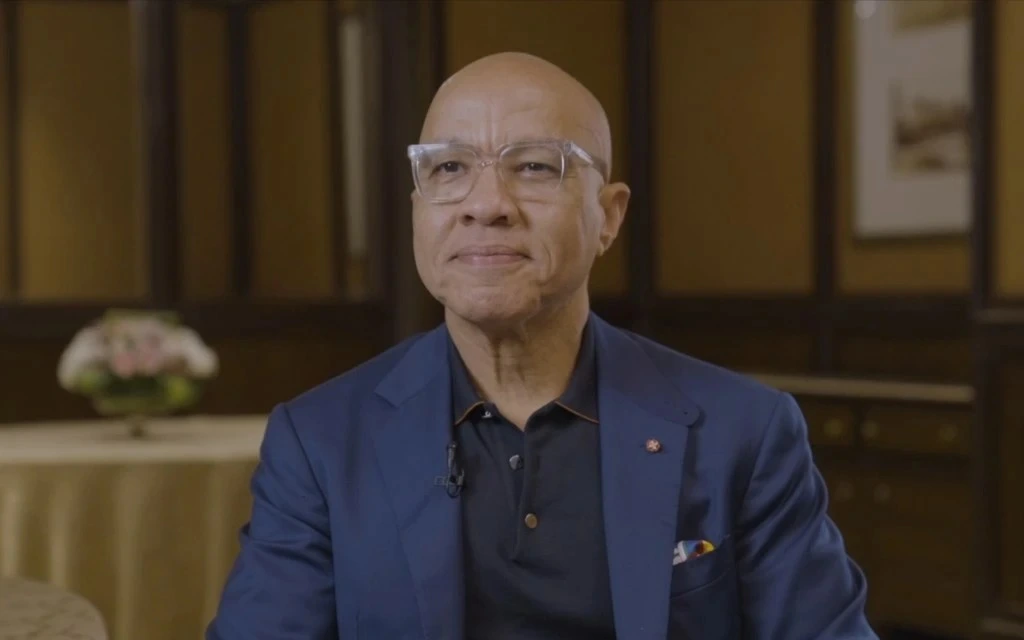The much-discussed Companies Act, 2013 is progressively changing the whole context and flavour of corporate social responsibility in India. In the few years since coming into effect, it has led to more corporate funding going to social causes–INR 9,034 crore in 2016-17–and close senior leadership attention to CSR agendas.
It has also opened up rewarding career opportunities for people with a background in development work or those with the passion to work in the social sector. Naturally, there is also a significant increase in the volume and quality of conversations between corporate leaders and nonprofits, which is enabling both stakeholders to overcome some of their mutual biases and explore the common space that exists between them, as they work together for social change.
In the midst of this interesting time, it becomes even more relevant to reflect upon the evolving role of CSR professionals. Undoubtedly, there has been no better time than now to work in CSR especially given the scope for having a meaningful career while earning a decent living. We are now witnessing the start of a swelling tide of resources, attention, and effort targeting social causes. And along with this comes added responsibilities and expanded roles for CSR professionals.
Today, Indian companies are at different stages of their CSR journeys. There are some that have been actively involved for decades, others that were prompted by the Companies Act of 2013 to begin this work, and still others that lie somewhere in-between.
Across all of these companies, the people closest to the portfolio and the work on the ground will always be the CSR team. The farthest are often those in senior leadership who take a final call on the grants. As a result, very often the organisations doing great work on the ground will have to depend on the CSR team to make their voice heard in the corporate board room, where decisions on partnership and grant allocations are taken. This offers a tough challenge as well as a unique opportunity for CSR professionals to play a significant role in influencing how impact is created on the ground.
Related article: Listen to nonprofits

Teamwork is imperative for a fruitful partnership.
From manager to enabler
We typically view the role of someone working in CSR as one that includes identification of nonprofits, grant making, managing the portfolio, managing quarterly and annual reporting, and in some cases, driving impact evaluations. But, what if we were to shift our thinking–to first imagine the outcome we desire, and then work backwards from there?
[quote]We must wear the hat of an enabler; someone who advocates on behalf of the nonprofit partner when speaking with management.[/quote]Like our nonprofit partners, we want to see positive change in people’s lives. Like them, we want the ongoing relationship management and reporting to go smoothly, and we want management to better understand the work, so that decision-making happens more efficiently.
To achieve this, we must wear the hat of an enabler; someone who advocates on behalf of the nonprofit partner when speaking with management, and also conveys the priorities and needs of management to the nonprofit. This role change from manager to enabler demands a shift in perspective around what it means to work in CSR.
Recognise and manage risks
One must also understand the risks associated with investing in different kinds of nonprofits. On the one hand, if you are dealing with small or mid-sized nonprofits with great potential to grow and create impact, the risk you take in advocating for that organisation in the boardroom is similar to that of a stock picker specialising in the small and mid cap segment–the fundamentals are strong and impact opportunities immense. However, there are a lot of factors beyond your control which can make or break it.
On the other hand, when you work with well-established and/or large nonprofits, there’s often another kind of risk in terms of ensuring that the pace and priorities with which the corporate leadership define their CSR agenda is acceptable to the nonprofit leader and can be integrated into their programme.
For instance, if the corporate leadership wishes to spend the money in geographically remote locations while the nonprofit’s expertise lies in urban areas, the whole effort to work out a meaningful partnership can become extremely time consuming as well as a test to the negotiation skills and creativity of the CSR team.
[quote]We must play a more proactive role in helping the management understand ground realities.[/quote]Given the exciting growth of CSR work in our country, it would be disappointing if CSR professionals were to remain within their comfort zones, opting for the ‘safer’ route. To stick with the role of being ‘fund managers’, where we just ensure good allocation and utilisation of funds, is not enough. We must play a more proactive role in helping the management understand ground realities so that funds are allocated to underserved geographies and communities. A more informed senior management also means that they might be more willing to support both small and more established organisations, by helping the former grow and deliver on outcomes, and assisting the latter to innovate and scale further.
Related article: Making corporate giving effective
Tips for engaging with corporate leadership:
1. Be aware of your personal biases and assumptions, and keep them in check
Current and potential nonprofit partners are often not present in the room when decisions are taken, and so the CSR team must represent them. It’s critical to be fair when making observations and conclusions about partners because often they are not there to defend or provide an alternate perspective on the matter.
2. Capitalise on every opportunity to engage with corporate leadership so you can expand the quality, depth or breadth of your CSR work
Be it in terms of expanding or fine-tuning the sectors and geographies you wish to take your CSR work to, or in conceiving fresh initiatives, nothing is cast in stone. Every day is a new day and every board meeting, a new opportunity.
3. Admit when things go wrong or you made a poor assessment
Sometimes things can go wrong. Your honest and early admission will only increase the trust that the board places on you.
4. Be patient and realise that not giving advice to nonprofit partners can, at times, be the best contribution you can make
The compulsion to give advice must be matched with a liberal dose of pragmatism and maturity.
Tips for engaging with NGO leadership:
1. Humility and mutual respect are non-negotiable
For a fruitful and mutually beneficial partnership, it’s imperative to respect what each party brings to the table.
2. Be a ‘match-maker’ and help them understand one another’s goals
You are best placed to know the overlaps between what the corporate leadership wants and what the nonprofit does. Do what it takes to bridge the gap in understanding one another’s context and priorities.
3. Hold the nonprofit accountable while also offering your support
When it comes to financial and programme reporting, and impact assessments, it is helpful if the CSR team takes on the onus of quality management, while still holding the partner accountable. This can be done through a combination of capacity building inputs to the partners and working with them to deliver better.
4. Always be accessible and supportive
Getting results is easier said than done, especially when working on complex social problems. It is easy to sit in an office, ask questions, and give advice (sometimes unsolicited) to others. It is ultimately the responsibility of the CSR professional to create a culture of ease so nonprofit partners feel comfortable to speak to you when things go good or bad.





